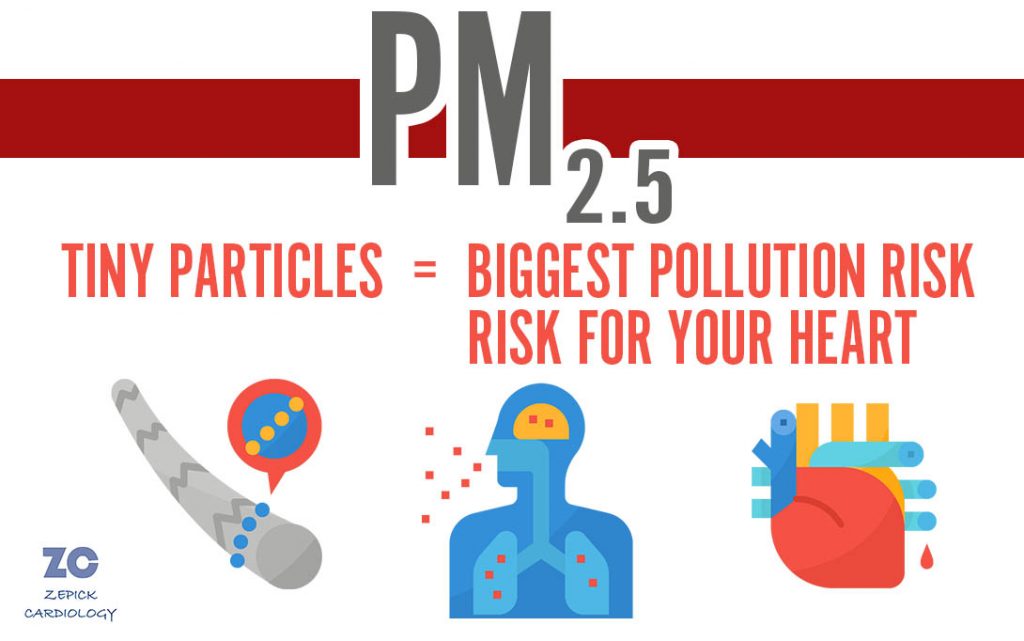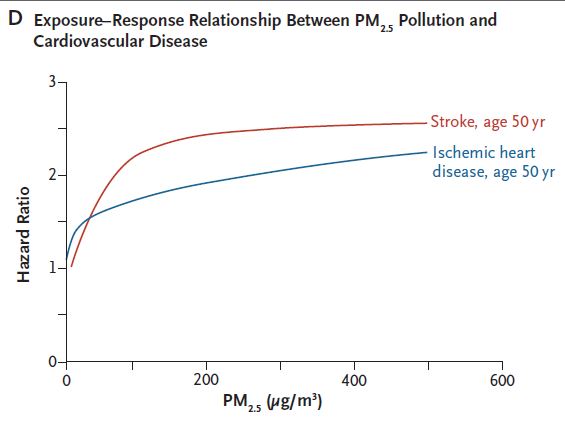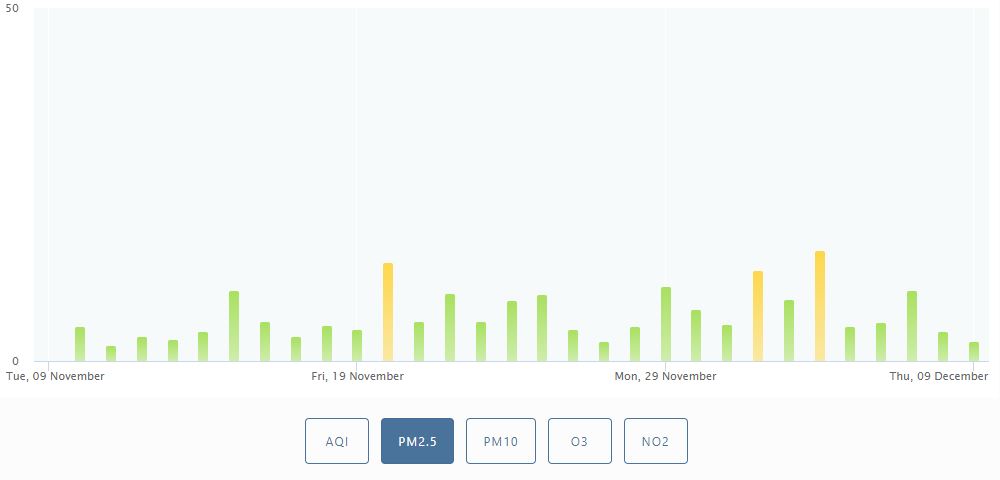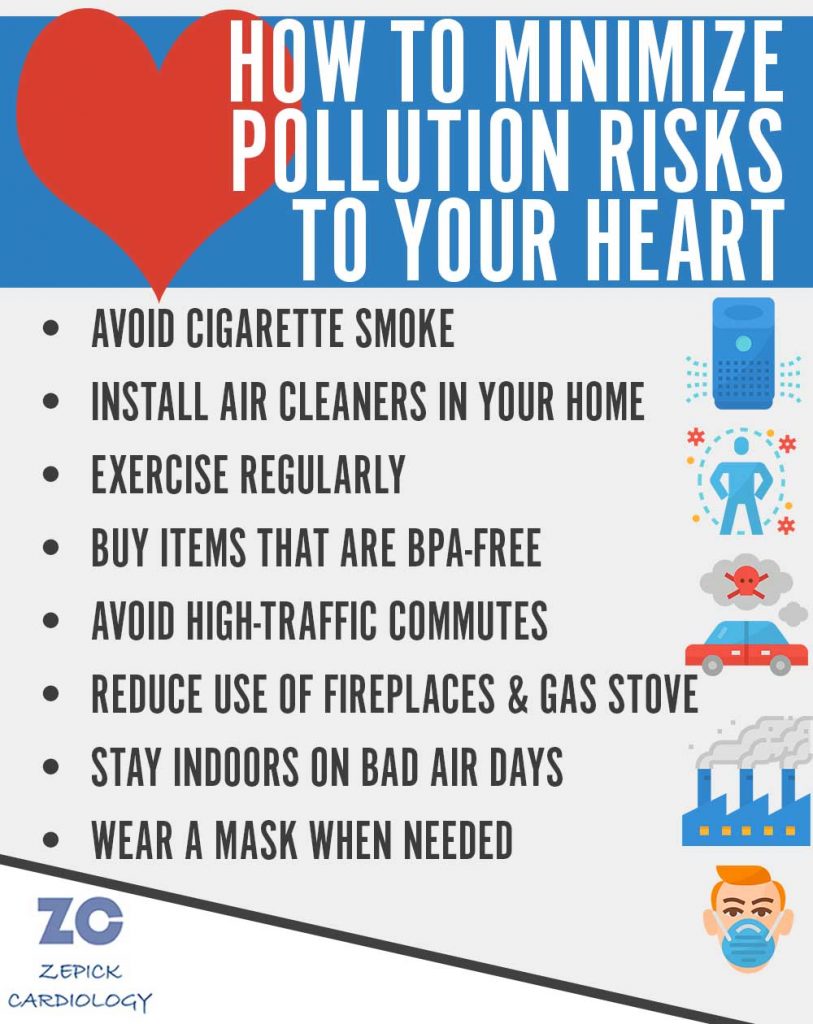Environmental Effects on Cardiovascular Health
8 Tips to Protect Your Heart from Pollution Exposure
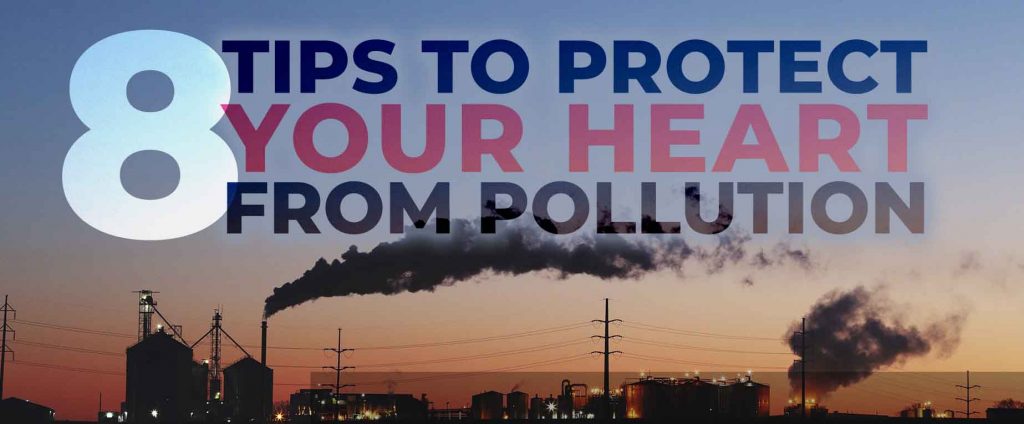
When you think of what may put you at risk for heart disease, you may not have considered pollution. However, there is an increased cardiovascular risk we face when we are exposed to poor air quality.
In this article, we will go over how pollution plays a role in your heart health as well as specific measures you can take to reduce your own risks.
Modern Steps Toward Reducing Heart Attacks & Cardiovascular Disease
Thanks to the many great advances in understanding what causes heart disease and determining highly effective ways to treat it, we have seen a 50% reduction in deaths from cardiovascular disease since 1950. However, pollution is an issue that continues to increase some people’s risks for cardiovascular issues.
Pollution caused an estimated 9 million deaths across the world each year. More than half of those deaths were from cardiovascular disease that resulted from that pollution exposure.
Tiny Particles = Big Heart Problems
The smallest particles of pollution are the areas of most concern. There are particles in the air that are so small, they easily pass through the body, reaching your lungs, heart, and other organs. Scientifically, they are called PM2.5, which stands for Particulate Matter that is 2.5 microns small or less. To put that size in perspective, thousands of those tiny particles could fit on the period at the end of this sentence.
Tiny particles are the greatest pollution risk to your heart.
This chart from the New England Journal of Medicine shows how an increase in these small particles greatly increases an individual’s risk for various cardiovascular diseases.
The EPA recommends that a safe amount of these tiny particles is 35 micrograms.
Where do these tiny particles come from?
They are often created by vehicle exhaust. But can also come from burning fuels like oil or coal, as well as from powerplants. Even if you don’t live near a power plant, you may still be at risk for high exposure. These small particles can travel long distances, even across several states. In addition, they can come from wildfires and dust storms.
It may be hard to imagine that pollution is something to worry about indoors, but indoor air quality is a real concern. Smoking tobacco, burning candles or oil lamps, using your fireplace or space heater, and even cooking can create these tiny particles. Other sources include aerosol sprays and volatile cleaning products.
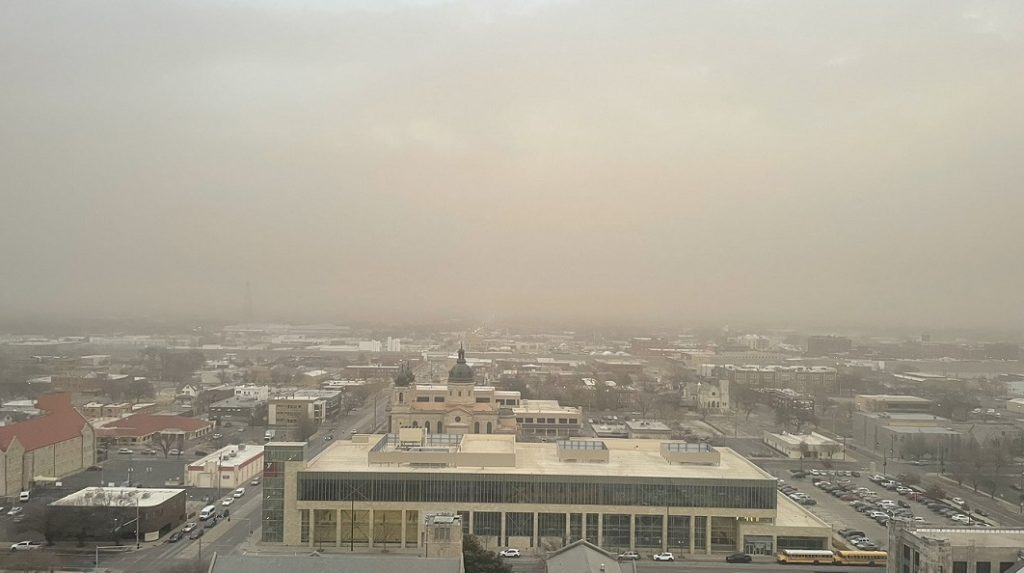
How bad is the pollution in Wichita?
Generally, Wichita maintains a relatively low and safe level of air pollutants. The levels do fluctuate over different seasons. In the late fall, it is relatively mild as the chart below shows.
You can check the current pollutant levels in Wichita at this website.
Who is at Greater Risk from High Pollution?
People who are ill or are elderly are at greater risk of being exposed to high levels of polluted air. Having current or prior heart disease or cardiovascular risk factors makes you more likely to be affected by pollutants.
Even recent studies on COVID 19 show that air pollution increased a person’s chances of dying from coronavirus disease.
Protecting Your Heart from Pollution: What Can You Do?
While many environmental threats are due to matters outside of an individual’s control, there are still several ways to be proactive in protecting yourself. You can minimize your exposure to several of the problematic pollutants with various lifestyle choices.
8 Tips to Protect Your Heart from Pollution Exposure
- Remove yourself from cigarette smoke exposure. If you smoke, quit. If you are around people who smoke, try to separate yourself from being exposed to the smoke.
- Improve your overall health by incorporating exercise into your life regularly and choosing a more plant-based diet.
- Purchase personal care products that say BPA-free.
- Reduce use of indoor air pollution sources including gas stoves, fireplaces, and incense.
- Consider getting air cleaners installed in your home that works with your heating and air system to purify the air coming through your vents.
- Pay attention to local air quality. When the levels are high, opt to stay indoors. In Wichita, you can monitor the city’s air quality here.
- If you’re not able to avoid facing poor indoor or outdoor air quality, wear a mask.
- Replace a high-traffic commute with an alternative route.
Another step you can take is to communicate to your physician or cardiologist any potential chemicals exposures you believe you face, such as your workplace environment.
If you have questions regarding your heart health, call Zepick Cardiology in Wichita at (316) 616-2020.





